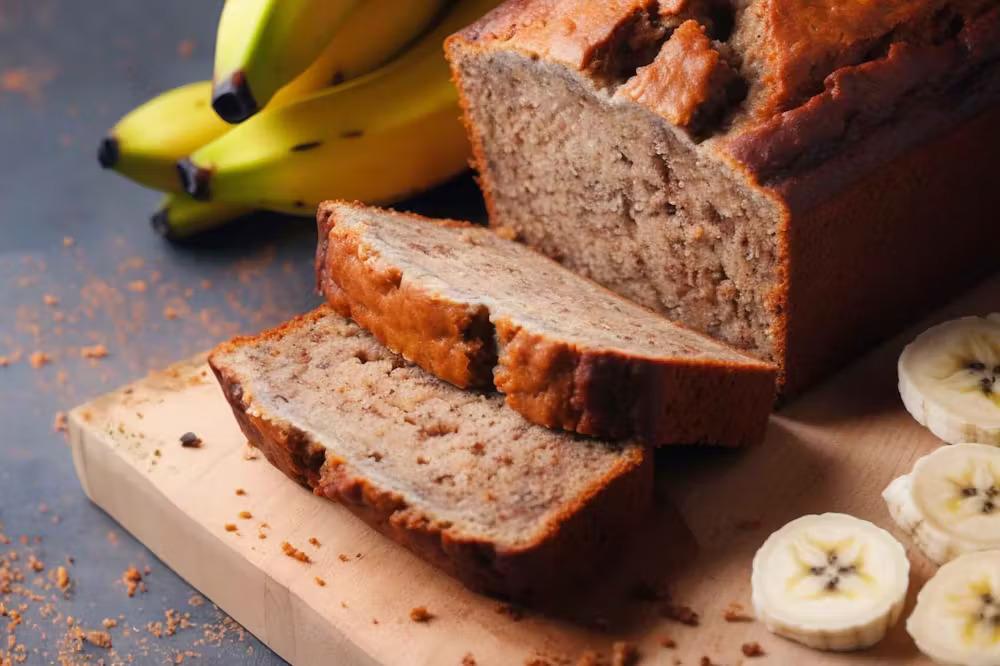Carbohydrates often find themselves at the center of debates about nutrition and fitness, yet their critical role in fueling workouts is undeniable. As the body’s primary source of energy, carbohydrates are essential for anyone looking to optimize their physical performance and recovery. Understanding how to effectively incorporate carbohydrates into your diet can make a significant difference in achieving your fitness goals, whether you’re a seasoned athlete or a weekend warrior. This article will delve into the science behind carbohydrates and their impact on your workout routine, providing you with the knowledge and tools to harness their full potential. Prepare to enhance your training and maximize your energy levels by unlocking the power of carbohydrates.
Understanding Carbohydrates: The Energy Powerhouse Behind Your Workouts
Carbohydrates are a crucial component of any fitness regimen, serving as the primary source of energy for your muscles during exercise. When you consume carbohydrates, your body breaks them down into glucose, which is then stored in your muscles and liver as glycogen. During a workout, your body taps into these glycogen stores to fuel your physical activities, ensuring that you maintain stamina and performance. It’s important to note that the more intense your workout, the more carbohydrates you’ll need to keep your energy levels up.
Incorporating the right amount and type of carbohydrates into your diet can significantly enhance your workout efficiency. Consider including the following types of carbs in your pre- and post-workout meals:
- Complex Carbohydrates: Foods like whole grains, beans, and legumes provide a slow and steady release of energy, ideal for sustaining longer workouts.
- Simple Carbohydrates: Found in fruits and dairy, these are quickly absorbed, offering a rapid energy boost, perfect for high-intensity sessions.
- Fiber-rich Carbs: Vegetables and whole fruits not only fuel your workout but also support digestion and overall health.
By strategically timing your carbohydrate intake, you can optimize energy levels, delay fatigue, and enhance recovery, making carbohydrates an indispensable ally in your fitness journey.

Optimizing Your Carb Intake: Timing and Types for Maximum Performance
To enhance your workout performance, strategically managing your carbohydrate intake can make a significant difference. The timing of your carb consumption is crucial. Consuming carbohydrates 30-60 minutes before a workout ensures your body has ample glycogen stores, providing a readily available energy source. Post-workout, prioritize carbs within 30 minutes to two hours to replenish glycogen levels and accelerate recovery. This strategic timing helps in minimizing muscle fatigue and optimizing endurance.
Equally important is the type of carbohydrates you consume. Opt for complex carbohydrates like whole grains, fruits, and vegetables, which provide a sustained energy release. Simple carbs such as sports drinks and gels can be beneficial during longer, endurance-based workouts where quick energy boosts are necessary. Consider incorporating a mix of the following into your diet:
- Whole Grains: Oats, quinoa, and brown rice
- Fruits: Bananas, berries, and apples
- Vegetables: Sweet potatoes and broccoli
- Legumes: Lentils and chickpeas
By carefully selecting both the timing and types of carbs, you can tailor your diet to support and enhance your athletic performance, ensuring you get the most out of every workout session.

Balancing Macronutrients: How Carbs Complement Proteins and Fats in Exercise
When it comes to optimizing your workouts, understanding the interplay between carbohydrates, proteins, and fats is crucial. Carbohydrates, often misunderstood, are the body’s primary source of energy and play a pivotal role in enhancing performance and recovery. By strategically balancing your macronutrient intake, you can harness the full potential of your diet to support your fitness goals. Here’s how carbs complement proteins and fats:
- Energy Boost: Carbs are converted into glucose, which fuels your muscles during exercise. Consuming the right amount of carbs before a workout can significantly increase endurance and delay fatigue.
- Protein Sparing: By providing readily available energy, carbs allow proteins to focus on their primary role: repairing and building muscle tissue. This means more efficient muscle recovery and growth.
- Fat Utilization: Carbs help in the oxidation of fats during prolonged exercise. When glycogen stores are adequate, your body can better tap into fat reserves, promoting endurance and efficient energy use.
By ensuring a balanced intake of these macronutrients, you create a synergistic effect that enhances your body’s performance capabilities. A well-rounded meal plan tailored to your exercise routine can help you achieve optimal results, whether you’re building muscle, increasing stamina, or shedding excess weight.

Practical Carb Loading Strategies for Endurance and Strength Training
Optimizing your carbohydrate intake is essential for maximizing performance in both endurance and strength training. Here are some practical strategies to ensure your body is adequately fueled:
- Timing is Key: Aim to consume a carb-rich meal 3-4 hours before your workout. This gives your body enough time to digest and convert carbs into glycogen, which fuels your muscles during exercise.
- Choose the Right Carbs: Focus on complex carbohydrates such as whole grains, fruits, and vegetables. These provide a steady release of energy and help maintain stable blood sugar levels.
- Carb Loading for Endurance: Gradually increase your carbohydrate intake a few days before an endurance event. This strategy helps to super-saturate your muscles with glycogen, providing sustained energy.
- Post-Workout Refuel: Consuming a mix of carbs and protein within 30 minutes after your workout can enhance recovery and replenish glycogen stores.
By integrating these strategies into your routine, you can effectively harness the power of carbohydrates to boost your workout performance and recovery.




